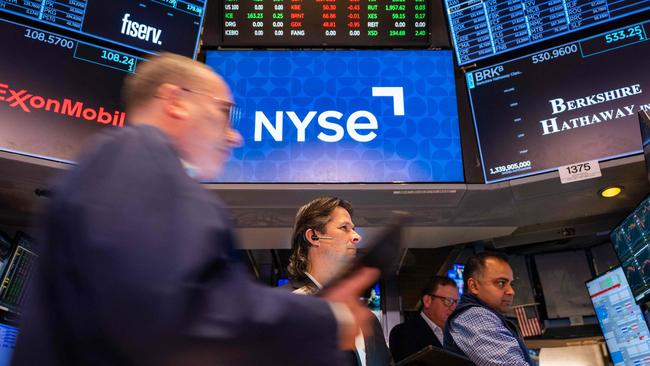
That bet, grounded in the assumption that rising geopolitical tensions would play an even bigger role in shaping markets, has started to pay off. Big time.
The Canberra-backed fund has now smashed its own investment targets, delivering a return of 7.9 per cent for the past year.
The returns for the period to the end of March were made in the face of some of the most volatile investment markets since the Covid-19 pandemic and marked by the early warning shots of Donald Trump’s trade war. The Future Fund’s inflation-linked targets mean it had a 6.4 per cent hurdle for the year.
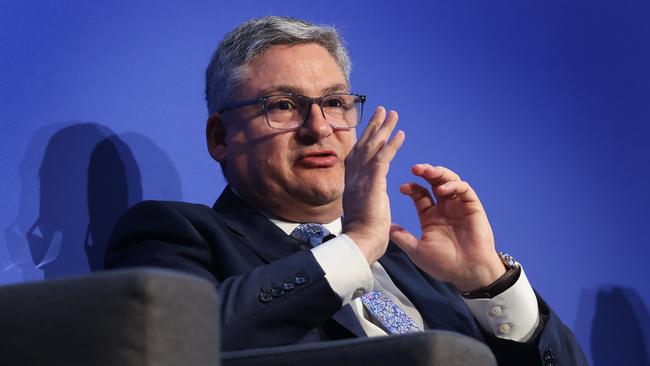
The results compare with one-year returns of between 4 per cent and 5 per cent for the big industry funds such as AustralianSuper and Cbus.
The next test will be if the Future Fund can continue momentum in the June quarter figures. It delivered 8.3 per cent on five years and 7.5 per cent for 10 years.
Four years ago, Arndt began the process of changing the Future Fund’s investment base case, dialling-up the risk in private markets.
As part of this it took on more private equity, moved into gold for the first time and deeper into infrastructure. Gold recently touched a record high on market tensions.
Arndt and his team were preparing for a world where inflation would be higher for longer and geopolitical shocks more frequent.
A look at the allocation split of the Future Fund’s portfolio since 2022 show a much more aggressive exposure to global developed market equities, including non-US markets. It has also lifted infrastructure exposure, while cash holdings have fallen sharply. Cash has fallen from more than 12 per cent of the portfolio to less than 3 per cent.
The shift in how the Future Fund invested was built around expectations that geopolitics would now be the biggest driver of how markets operated. This was a break from the norm of previous decades, where macroeconomics has been the main force driving market returns.
These geopolitical forces are clearly at play in today’s markets – that’s from Donald Trump’s tariff blitz to governments around the world (including Australia) diverting more spending into defence and national champions. This has seen Wall Street dive 12 per cent but recover nearly all of its losses.
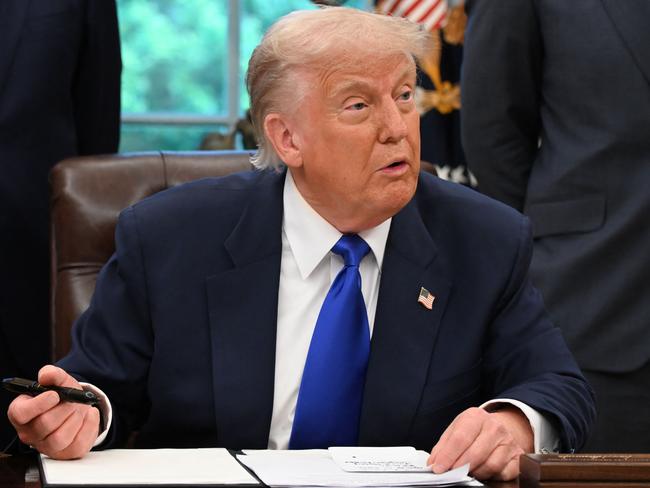
Arndt was among the speakers appearing at the annual Milken Institute Global Conference under way in Beverly Hills, California. He took to the stage in a panel about the future of asset management a few hours after US Treasury secretary Scott Bessent spoke and said Trump’s agenda would drive investment in the US.
“Really the essence of what we were saying was don’t try to pick the event. You’ll get it wrong and even if you get the event right, the market will go down and up,” Arndt said of the Future Fund’s investment approach.
“The event is not important – it’s the trend that’s important. And so what we are saying right … we think this trend will be sustained.”
The Future Fund was established by then federal treasurer Peter Costello nearly two decades ago to cover the ballooning unfunded pension liabilities of public servants. Since then, several endowment funds have been added to its mandate, including the medical research fund. The core Future Fund has $240bn under management.
Last year, Treasurer Jim Chalmers confirmed there would not be any drawdowns from the fund until at least 2032.
However, he wants the fund – which is run at arm’s length from the government – to invest in “national priorities” like housing, renewable energy and infrastructure, boosting economic resilience.
Arndt says diversification and liquidity will be the key to the next few years, adding that it will be hard to pick winners geographically. The Trump administration has skewed away the US dollar as the defacto global currency, and it’s a pretty loud warning bell for a global investor who has a lot of exposure to the US and US dollars.
“We think more diversification is better, but the real number of it is things change really quickly in geopolitics,” Arndt says.
Other Aussie investors speaking at the four-day Milken conference included chief executive of the $160bn Hostplus David Elia. In a separate session, Elia was more bullish about the outlook for the US in the face of the Trump-induced hit to the US economy. “I will never bet against the United States,” he told the conference.
“I know the focus is largely on tariffs, but if you believe the story around deregulation, greater incentives to further release the economic power and innovation that is the United States, I think that only bodes well for the longer term.”
Invest like KKR
Legendary KKR co-founders Henry Kravis and George Roberts have advice for investing in volatile times: don’t panic; do the work; stick with the fundamentals; spread the risk and everything will be fine.
The Wall Street giants, known for their starring roles in the famous business book ”Barbarians at the Gate”, gave private equity a ruthless image that has endured over decades. They are now co-chairs of the firm they founded that has nearly $US630bn ($975bn) under management, including billions invested in Australia. They are both multibillionaires.
The two made a rare joint appearance at the Milken Conference overnight in fireside chat and spoke about a strategy for investing in volatile markets.
“If you’re an individual investor with a portfolio, I would stick with the fundamentals. Do some fundamental research on some good companies that you want to own for a long time. Put 70 per cent of your capital — average-in over six months,” Roberts told the conference which is being held over three days at the Beverly Hills Hilton.
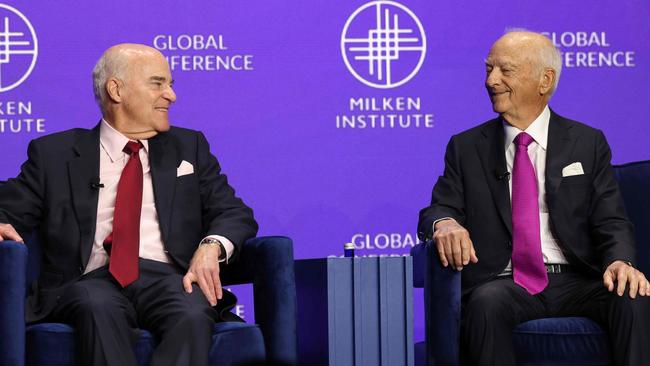
Roberts said 20 per cent of your capital should be put in cash or cash equivalents and the remaining 10 per cent in riskier investments that promise upside returns.
“These are the times to go back to the fundamentals. Markets correct themselves, economies are going to correct themselves,” he said.
“Whether we’re going to have a recession or where we are today, that’s already priced into the market. Stick with the fundamentals, do your work and you’re going to be just fine.”
While tariffs are causing heightened uncertainty, Roberts was also long-term bullish on investing in the US.
“Despite our problems, America’s still the greatest country in the world, it’s the largest market in the world. Capital will flow here. Innovation’s going to take place here. Get behind that trend and do the work,” he said.
KKR listed on Wall Street in 2010, becoming one of the first pure play private equity firms to do so. In recent years it has moved into private credit strategies and is now one of the biggest players in the sector. Today, KKR is worth around $US100bn.
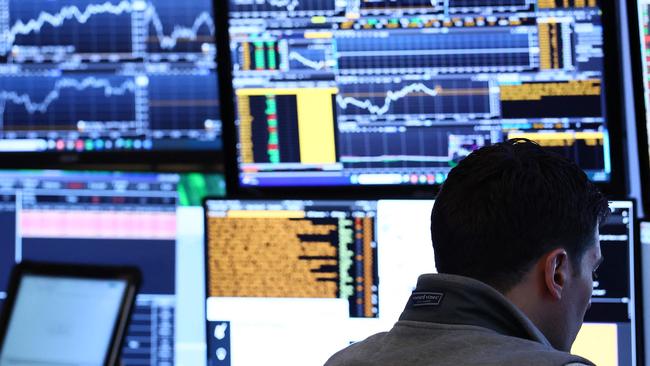
KKR was the spark that changed the face of Australian retailing. It made an audacious approach to buy out Coles Group two decades ago, with George Roberts making a flying visit to meet with then-chairman Rick Allert.
The approach was rejected and Bunnings-owner Wesfarmers later emerged with a friendly offer, delivering it a portfolio of big retailing brands such as Kmart, Target, Officeworks and Coles.
More recently KKR acquired Arnotts in Australia and several years ago acquired MYOB for $2bn. Coles was spun out of Wesfarmers in 2018.
Roberts also addressed the “Barbarians at the Gate” label that has stuck with the pair and their firm for more than three decades.
The phrase comes from the title of a business book that forensically followed the pair’s efforts in the leveraged buyout of the diversified food major RJR Nabisco in 1989.
Roberts said the tag is never going to go away, so they use it to their advantage.
“When Henry and I would go to see people and some people wouldn’t even see us, but when they did their expectation was so low that it was easy for us to get over the bar”.
He said the only way to change people’s perceptions is the way you act. “We didn’t act as barbarians in RJR (Nabisco) and we haven’t acted that way afterwards.”
johnstone@theaustralian.com.au




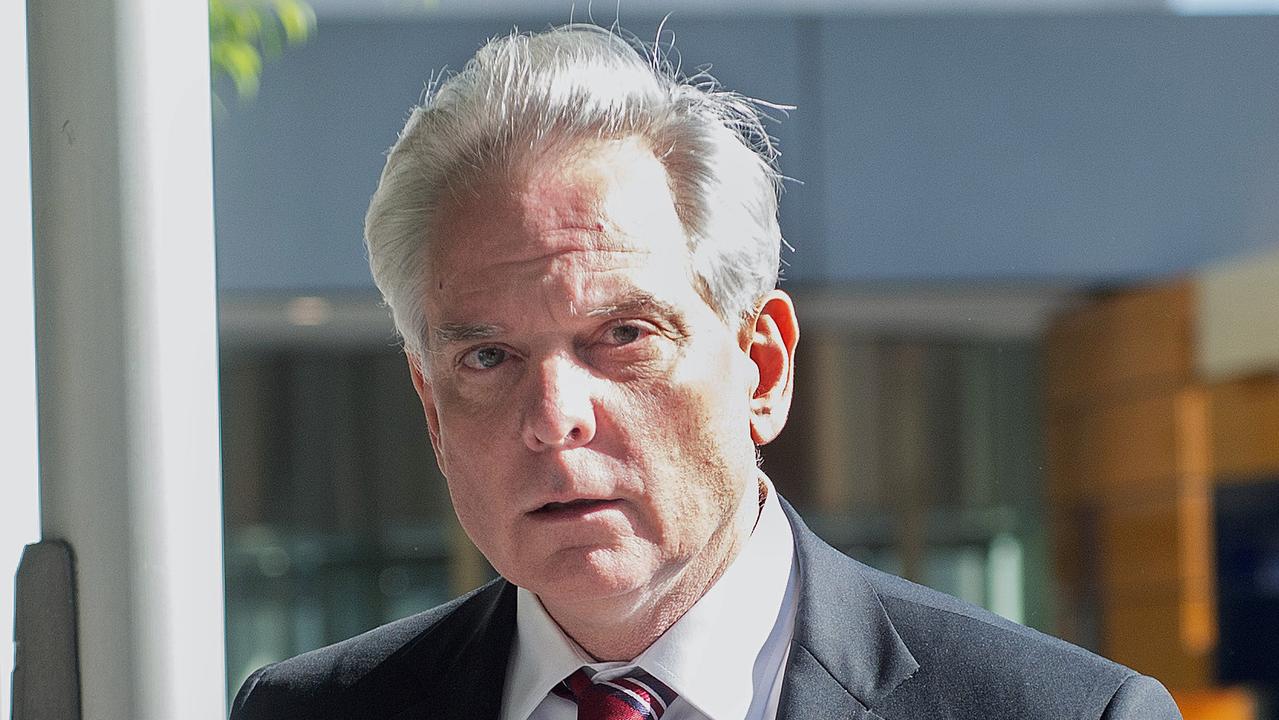
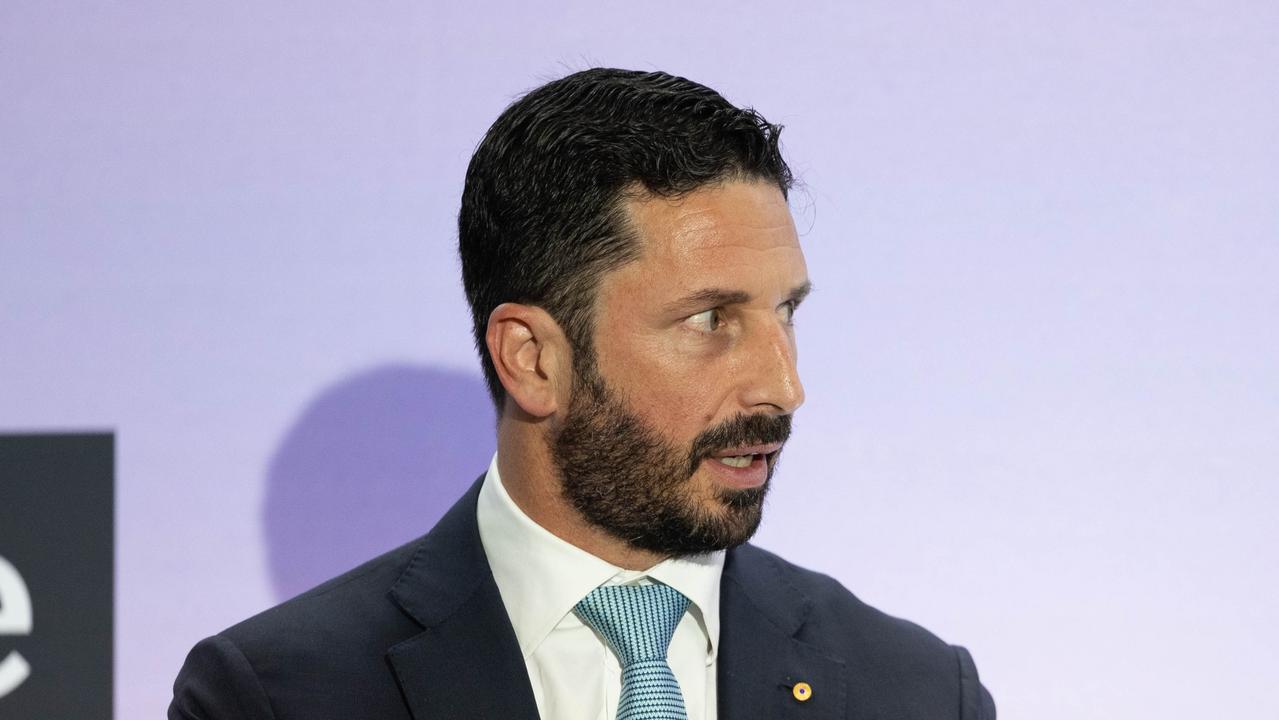
Four years ago Raphael Arndt began making a calculated shift in the way the $308bn Future Fund approached investing.